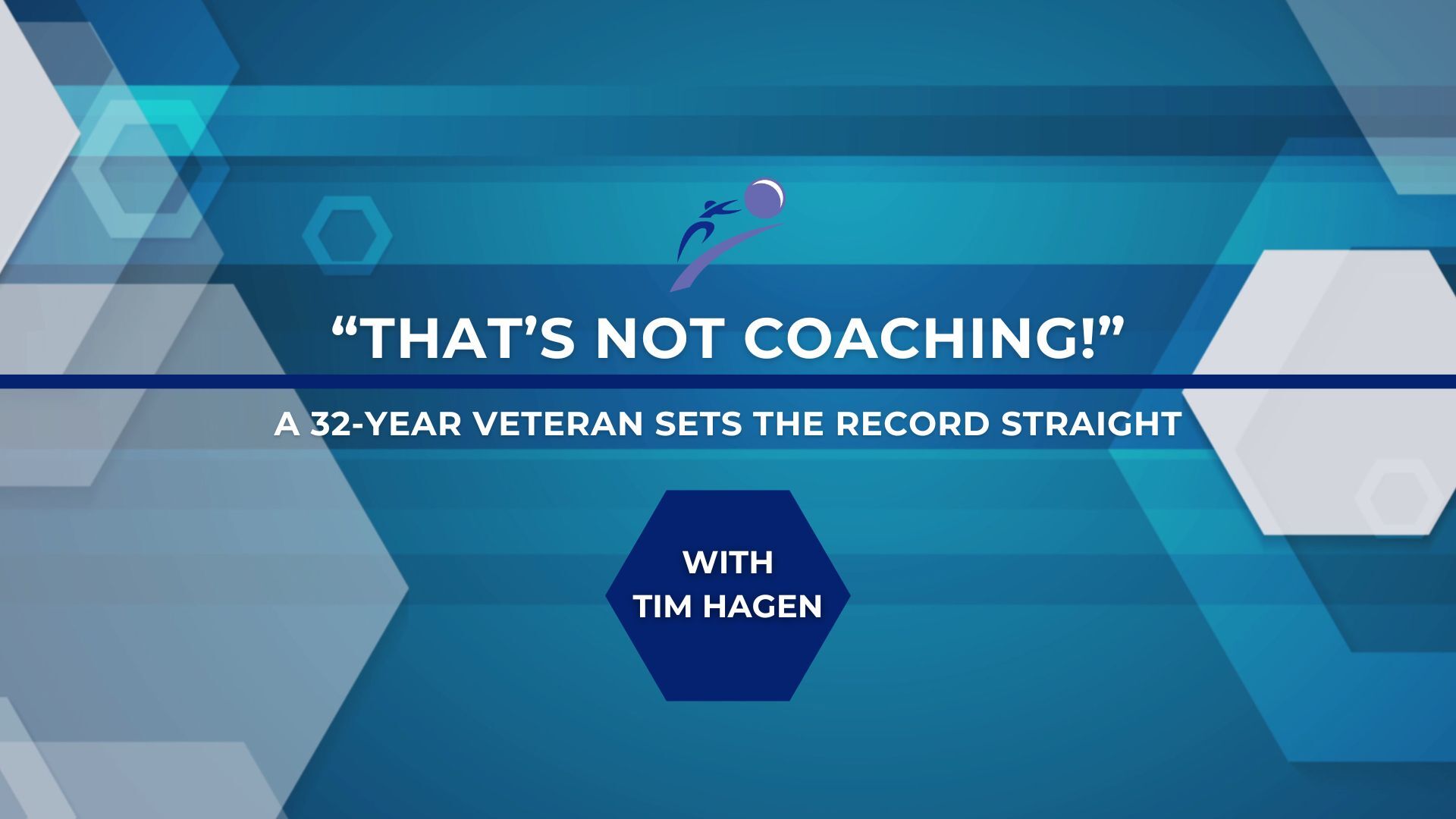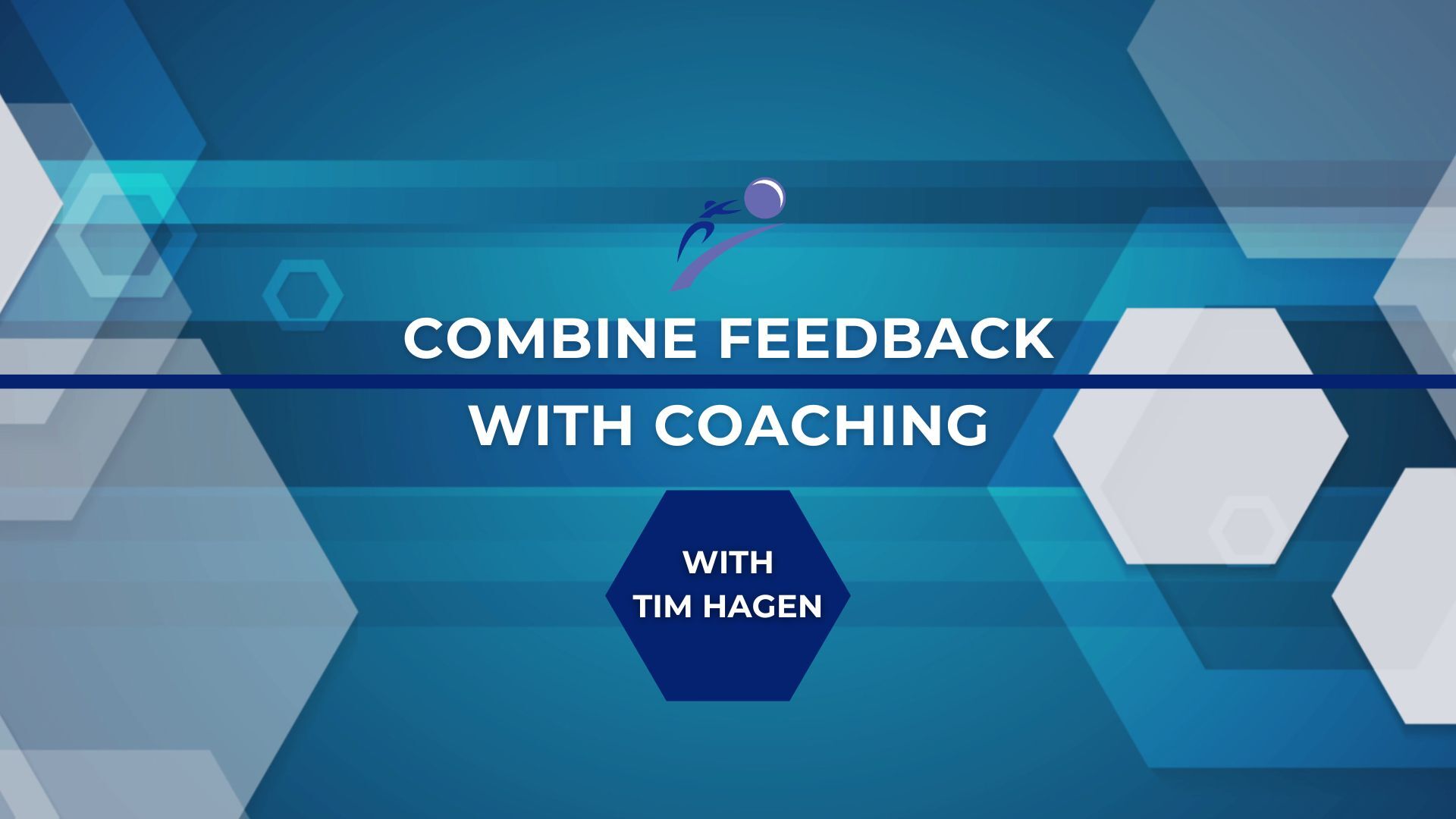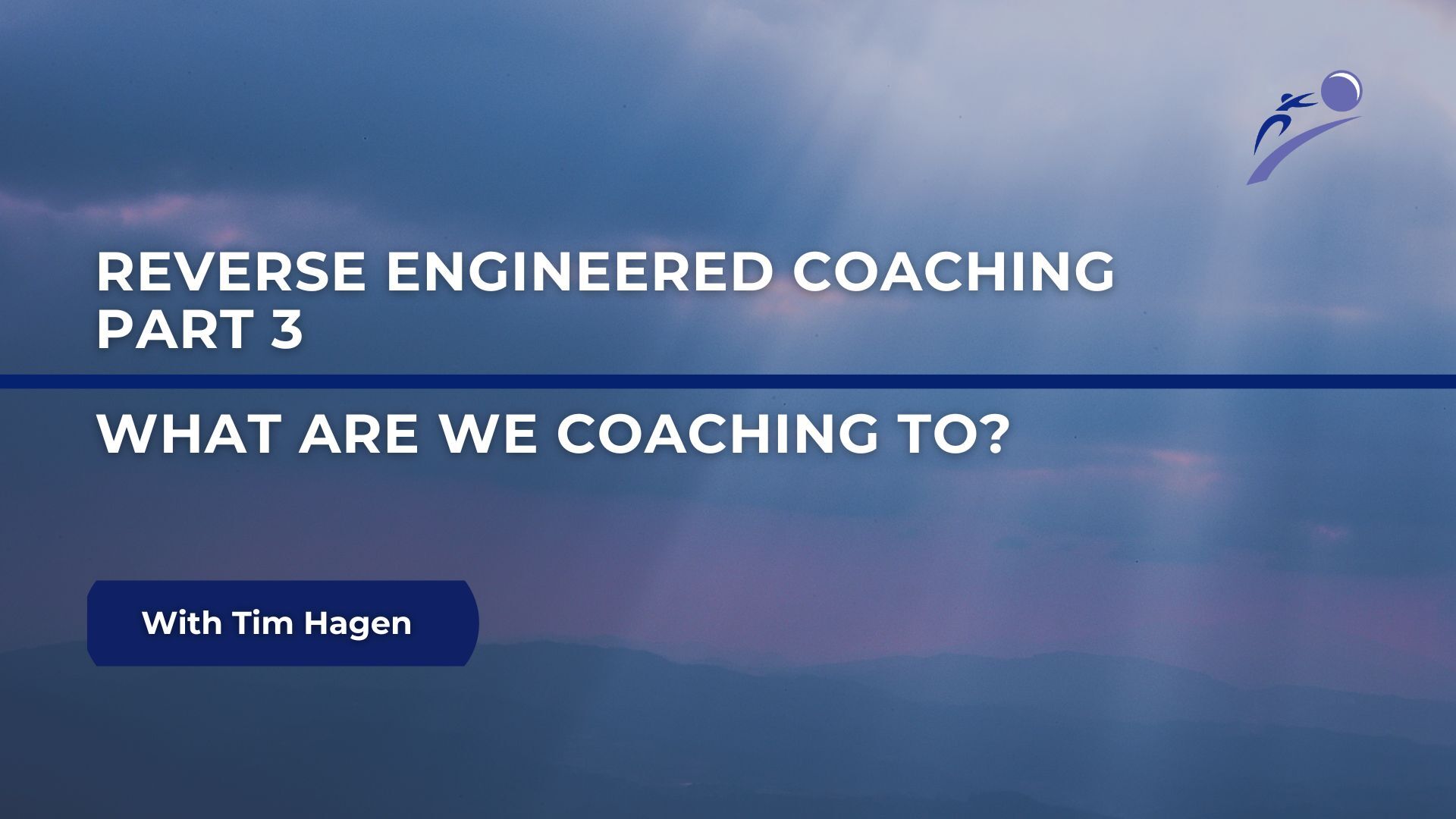Transforming Work Relationships Through Feedback: Embrace Approachability and Coachability
How do you react when faced with criticism at work? What if embracing feedback could transform your professional relationships and team dynamics?
We tackle the concepts of approachability and coachability, starting with a reflective test that challenges you to evaluate your receptiveness to feedback. Explore the critical distinction between perception and intent, and how cultivating a healthy relationship with conflict can significantly enhance how people approach you. By sharing personal insights and experiences, we highlight how practicing an open mindset toward feedback can create a more positive and productive work environment.
Uncover strategies that will not only boost your self-awareness but also improve your professional interactions and overall team culture. Learn about the power of feedback and self-improvement.
What does it mean to be approachable and coachable?
Let's take an approachability coachability test.
#1: Do you schedule time to seek feedback and only say thank you (you don't rebuttal, just simply to hear the feedback)?
#2: If someone had to use a word to describe their comfort level in approaching you, what's the first word that comes to your mind? If you ask somebody else, what's the first word you think they might say?
#3: On a scale of 1 to 10, (10 is you're calm, comfortable, no emotional interpretation, and you're transparent; 1 is you can feel a sense of emotion when getting feedback you don't like to hear), what is it like for you when you receive feedback from someone?
Be honest with yourself.
That last question is an emotional intelligence question. The first thing we want to tell ourselves is "I'm a 9 or 10." Yet 85% of people significantly lack self-awareness (Insight, Tasha Eurich).
Go back to question #3 and answer again honestly.
On a scale of 1 -10 (10, you're completely comfortable and calm, there's no emotional interpretation or reaction whatsoever. 1, you can feel some emotions you don't like,) what is it like for you when you receive feedback? Where would you rate yourself and why?
These are three very simple questions. Think about being approachable and coachable. What if everybody on the team and in the workplace where you work sought feedback and just said thank you? No rebuttals, no excuses, or asking you to prove your feedback.
When I share that, the first thing people say is, "What if you hear something you don't like? We want it to go away, we want to discount it, we want to dismiss it, we want to get rid of it." Yet we also have to understand that there is a value in understanding perception versus intent.
Here's a personal experience I'll share.
I enjoy conversations of conflict. What do some people perceive me to be? These are some things I've heard about me:
He's argumentative. He loves conflict. He loves putting people in their place.
For all the above, I actually don't. Yet I have a healthy relationship with conflict. There's a significant difference.
If I'm in a disagreement with someone, I'm willing to have the conversation. On all subjects: racism, religion, doesn't matter, I'm very comfortable. That doesn't mean I'm always right and it doesn't mean I always handle it well.
As far as perceptions go, I have to understand that in my professional and personal relationships.
What are my approachability and coachability levels? How do I make people feel?
Ask yourself, how can I improve my approachability and coachability and, more importantly, what positive impact will that have on the workplace and the team around me?
SUPPLEMENTAL COACHING IDEAS FOR APPROACHABILITY & COACHABILITY:
-
Seek feedback from peers and simply listen without responding. The only response you can have is "thank you." This is called a listening chat. Encourage others to do the same thing once a week for 12 weeks, with every four weeks each person providing a summation of what they learned and what they're committed to improving as a result of the feedback. Encourage them to be thoughtful and professional with one another.
-
Assign a mentor to someone who struggles with being approachable or coachable. Set up the relationship with the mentor by providing specific observations of where people demonstrate resistance.
-
Watch a video on YouTube (etc) on active listening, and have the person watch it and summarize what they learned in terms of how the lesson can help them become a better coachee. Some examples are "The Coachability Factor" with John Larson or "Your Coachability is What Propels Your Career" with Deniz Sasal.
-
Read the following book, Staying Coachable by Sean Glaze, and journal what you've learned after each chapter. Specifically write what you learned, what you learned about yourself, and what you're committed to do moving forward in a positive direction based on what you learned.
Boost your coaching and leadership game with our FREE COURSE to help leaders enhance their coaching abilities.
Lead with Impact: 6 Steps to Building a High-Performance Coaching Culture in Your Organization
This is a 7-day course with video lessons sent to your email throughout the week. You can watch the recorded lessons on your own time at your own pace.
Discover:
-
The best attributes of coaching
-
An efficient framework for coaching
-
The crucial tiers of learning
-
The 3 levels of change
-
The power of questions
-
and more!
Access the free course here: https://upvir.al/156009/lp156009





